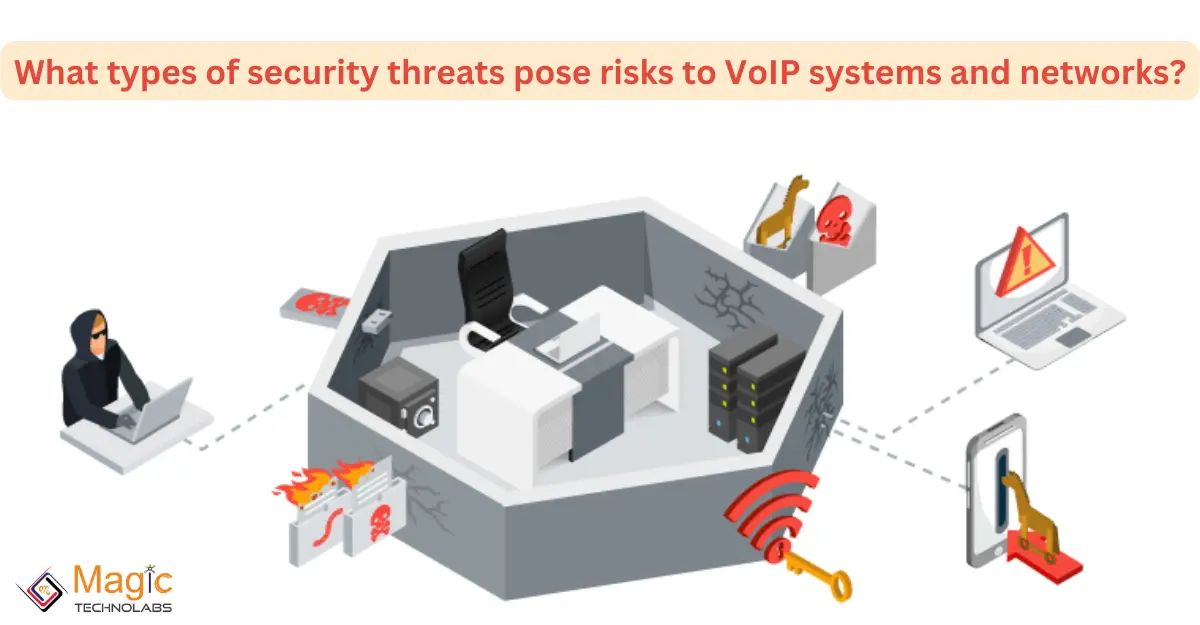VoIP (Voice over Internet Protocol) systems offer convenient and cost-effective communication solutions, but they are also vulnerable to various security threats. Understanding these risks is crucial for safeguarding your VoIP network and ensuring the integrity and confidentiality of your communication.
One of the most common security threats to VoIP systems is eavesdropping. Since VoIP calls are transmitted over the internet, they can be intercepted by unauthorized individuals, allowing them to listen in on conversations and potentially access sensitive information. Encryption protocols such as Secure Real-time Transport Protocol (SRTP) can mitigate this risk by encrypting voice data during transmission, making it unreadable to eavesdroppers.
Another significant threat is Denial of Service (DoS) attacks, where attackers flood a VoIP network with excessive traffic or requests, causing service disruptions or outages. These attacks can disrupt communication channels, leading to dropped calls or poor call quality. Implementing firewalls, intrusion detection systems, and traffic filtering mechanisms can help mitigate the impact of DoS attacks and prevent unauthorized access to your VoIP network.
Spoofing is another common threat to VoIP systems, where attackers manipulate caller ID information to impersonate legitimate users or devices. This can lead to unauthorized access to VoIP networks, fraudulent calls, or phishing scams. Implementing authentication mechanisms such as SIP (Session Initiation Protocol) authentication and using strong passwords can help prevent spoofing attacks and ensure the integrity of your VoIP network.
Additionally, VoIP systems are susceptible to malware attacks, where malicious software infects endpoints or network infrastructure, compromising security and enabling unauthorized access. Regular software updates, antivirus software, and network segmentation can help mitigate the risk of malware infections and protect your VoIP network from potential threats.
In conclusion, securing VoIP systems requires a multi-layered approach that addresses various security threats, including eavesdropping, DoS attacks, spoofing, and malware infections. By implementing encryption protocols, access controls, authentication mechanisms, and regular security updates, businesses can safeguard their VoIP networks and ensure secure and reliable communication channels.
















